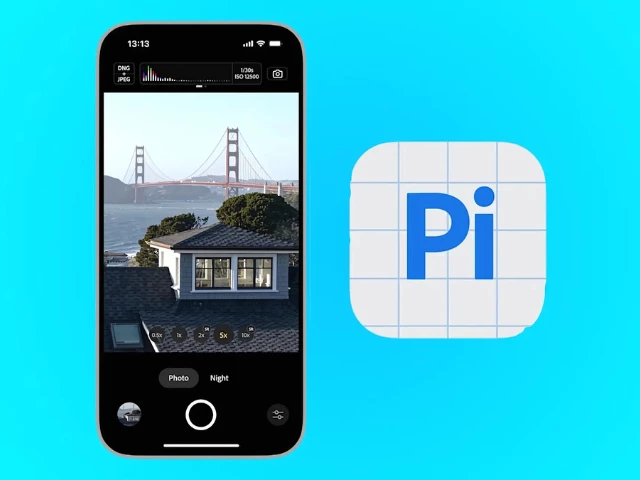Adobe launches 'Project Indigo', a free-to-use iPhone app for SLR-style photos
Adobe launches Project Indigo, a free iPhone app using AI to capture SLR-style photos without a login

Adobe has launched a new computational photography camera app for iPhones, offering users a powerful tool to capture high-quality, natural-looking photos.
The app, named Project Indigo, is free to download and currently available for iPhone 12 Pro models and newer, with Adobe recommending optimal use on an iPhone 15 Pro or later.
The app was developed in part by Marc Levoy, a renowned figure in mobile imaging who previously helped transform the Google Pixel camera’s capabilities.
Now an Adobe Fellow, Levoy worked alongside senior scientist Florian Kainz to build the app under Adobe Labs. The project was announced on Adobe's website through a technical blog.
Unlike most Adobe products, Project Indigo does not require users to log into an Adobe account, allowing immediate access to its features.
Indigo leverages computational photography to improve image quality by capturing a burst of photos and combining them to produce a final image with enhanced dynamic range and reduced noise.
The app aims to deliver a “natural, SLR-like” aesthetic and includes full manual controls for focus, ISO, shutter speed, and white balance — features aimed at enthusiasts and professionals alike.
Adobe Labs releases an experimental digital photography app Project Indigo (https://t.co/5KbUXV0n3q) to showcase breakthrough innovations, including reflection removal, which is being published at CVPR this week. Check out this blog: https://t.co/cna9MaJdUd pic.twitter.com/reEstd4Mfj
— Adobe Research (@AdobeResearch) June 13, 2025
In the technical blog post, Levoy and Kainz outlined how the app processes images to retain a natural look, explaining key elements of its image pipeline.
They noted that Project Indigo is intended as both a standalone tool and a testbed for features that may appear in other Adobe products. Experimental tools under consideration include a reflection removal button, portrait mode enhancements, and eventually, video recording capabilities.
“This is the beginning of a journey for Adobe – towards an integrated mobile camera and editing experience that takes advantage of the latest advances in computational photography and AI,” wrote Levoy and Kainz.
The team’s vision is to bridge the gap between casual mobile shooters and advanced photographers, offering an app that balances accessibility with powerful photographic control. An Android version is also in development.
For now, Project Indigo marks Adobe’s most significant foray into mobile camera software, reflecting the growing importance of AI-driven photography tools in both consumer and professional imaging.



















COMMENTS
Comments are moderated and generally will be posted if they are on-topic and not abusive.
For more information, please see our Comments FAQ